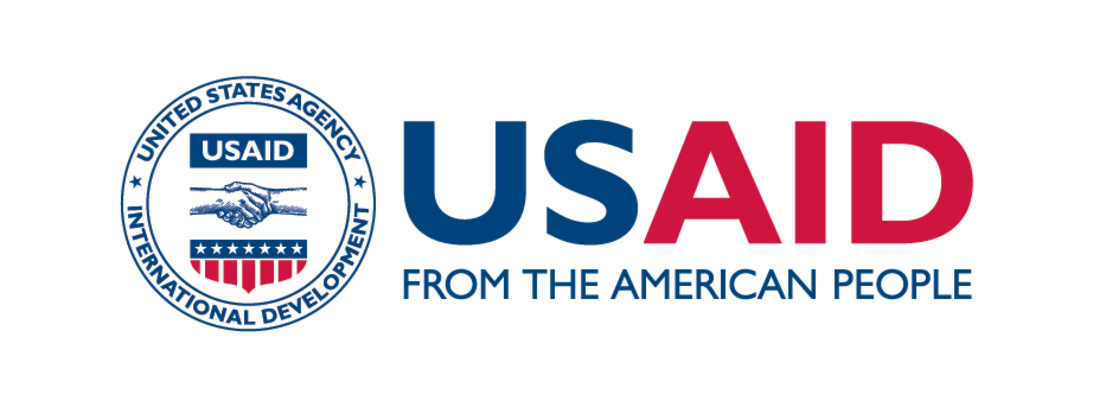Helvetas and our partners are working with local communities to identify, prioritize and mitigate the social, economic and environmental risks that already exist and are exacerbated by the war in neighboring Ukraine.
-
Project NameBuilding Resilient Communities in Ștefan Vodă Rayon
-
Project Phase2023 to 2024
-
FundingUSAID/BHA
-
Thematic focusHumanitarian Response
Bordering the Transnistria region and Ukraine, Ștefan Vodă, a district in the southeast of Moldova, is at high risk of conflict, food and economic insecurity, extreme weather and other disasters. Since Russia’s war of aggression began in Ukraine in February 2022, more than one million Ukrainian refugees have fled to Moldova, making places like Palanca Village a hotspot in the Ukraine displacement crisis. The refugee influx to Palanca Village stressed local infrastructure, creating social and healthcare service access difficulties for more than 63,000 residents. As of April 2023, 31% of households in Ștefan Vodă reported having experienced increased difficulties accessing basic services.
In addition to the challenges of managing so many new arrivals, several hazards exist and are exacerbated by the war. These include possible poisoning and contamination from accidental ammonia leaks due to the proximity to Odessa, flooding, snowstorms, widespread fires, conflict spillover, and the scarcity of basic goods – all ongoing risks that have to be managed.
The USAID/BHA Building Resilient Communities in Ștefan Vodă Rayon program will work towards two goals to help manage these risks:
- Increase community understanding and awareness of existing vulnerabilities and hazards that are impacting or may impact Ștefan Vodă.
- Develop multi-stakeholder disaster preparedness plans and increase community resilience to potential hazards.
Hector Vivero, Emergency Response Representative, Helvetas Moldova
Emergency response capabilities currently exist in Ștefan Vodă in the form of emergency services, rescuers, and a network of volunteers. United Nations agencies and local authorities are also providing assistance, but there have been no concerted efforts to enact preparedness measures at the community level.
The program will take the following actions to increase community understanding and develop disaster preparedness plans:
- Assess all hazards and risks present in communities and the specific needs for early warning systems.
- Rank the most relevant hazards and vulnerabilities by community stakeholder groups and developing proposals to address them.
- Emergency preparedness plans and early warning systems will also be created and will identify responsible entities, specific actions to take to reduce risks, and emergency response procedures. At least one comprehensive plan and system will be developed for four locations: Ștefan Vodă City and the three largest villages in the district.
- Deploy awareness-raising campaigns for further risk reduction and early warning systems across communities and educational institutions.
The program will have an impact on all residents in Ștefan Vodă – reaching an estimated 63,000 program participants.
This project is made possible by the generous support of the American people through the United States Agency for International Development (USAID). The contents of this web page are the responsibility of Helvetas and do not necessarily reflect the views of USAID or the United States Government.



